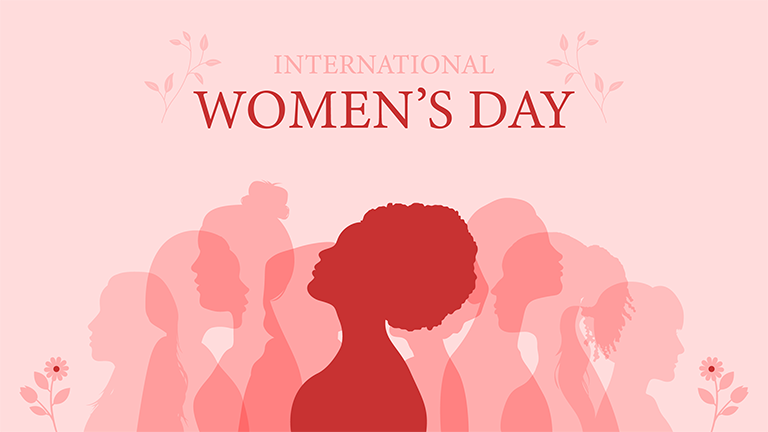Forgiveness is one of the central themes of Scripture. Without God’s forgiveness and His desire for reconciliation, we wouldn’t have the Gospels—the very foundation of our faith.
As believers, we know that forgiveness and harmony with others are vital to God, but putting those traits in action is not always easy. Laying aside our pride and approaching others with humility doesn’t typically come naturally, and even if it does, we cannot control how the other person will respond. Still, Scripture calls us to live at peace with others to the best of our ability [Romans 12:18]. That means we’re commanded to pursue peace regardless of how the other party reacts.
What does the Bible say about forgiveness?
Before we break down biblical conflict resolution, here are some key truths about forgiveness to remember:
- Forgiveness releases retaliation. It means letting go of the desire to seek justice on our own terms [Romans 12:19]. Whatever the wrong done to us, it is not our job to take revenge—it is our calling to forgive and leave justice to God.
- Forgiveness is undeserved. It does not depend on whether the offender deserves it. Instead, it reflects God’s grace—giving what has not been earned [Colossians 3:13].
- Forgiveness is commanded, even without reconciliation. While repentance may lead to reconciliation, Jesus commands us to forgive regardless of the offender’s response [Luke 17:3–4].
Definition of conflict
We can’t resolve conflict if we can’t recognize it. While it’s easy to notice when someone has hurt us, it’s not always obvious when we’ve hurt someone else.
Conflict is often associated with raised voices and strong emotions, but it can also appear in subtle ways. Since each person processes hurt differently, it helps to pay attention to signs such as:
- Changes in communication: shorter replies or avoiding conversation.
- Body language: crossed arms, avoiding eye contact, or tense posture.
- Tone: sarcasm, sharper responses, or a colder demeanor.
- Behavior shifts: canceling plans, being distant, or treating others differently than they treat you.
These signs are not proof of conflict—someone may simply be tired, stressed, or distracted. This is why healthy communication is key. The best way to know is to ask gently and directly, giving space for the other person to share honestly.
Conflict resolution
Avoiding confrontation may feel easier in the moment, but it often breeds long-term resentment. While every situation is unique, these biblical and practical steps can help foster peace:
Pray first
Begin by grounding yourself in prayer:
God, calm my heart and clear my mind. Help me to speak with honesty, grace, and courage. Give me wisdom to know what to say and humility to listen without judgment. Let Your peace guide my words, and let truth be spoken in love. Lead us toward healing, not harm. Amen.
Confront with wisdom
- Don’t go in angry. Take time to regulate your emotions before addressing the issue—whether that takes hours, days, or weeks.
- Find common ground. Start by affirming shared goals or values to set a cooperative tone.
- Stay calm. You can’t control the other person’s response, but you can control your own. Keep your tone even and body language open. If emotions rise, suggest a break.
- Seek to understand. Listen as carefully as you hope to be heard. Ask clarifying questions, avoid interrupting, and show empathy.
- Focus on the heart of the issue. Go deeper than surface complaints to uncover the true source of conflict.
- Use neutral language. Take ownership of your feelings with “I” statements instead of “you” statements. For example: “I feel frustrated when deadlines are missed” instead of “you always miss deadlines.” This reduces defensiveness and fosters open dialogue.
Aim for resolution, not blame
The goal is reconciliation, not “winning.” Work together to brainstorm next steps, and follow up afterward to ensure the solution is working. Be flexible and willing to adjust.
When resolution isn’t possible
Despite your best efforts, not every conflict will end in peace. Some situations may require boundaries, a neutral third party, or even walking away if the other person refuses to engage.
Forgiveness does not always mean restored relationship—it means releasing bitterness and entrusting the rest to God. As Romans 12:18 [NIV] reminds us: “If it is possible, as far as it depends on you, live at peace with everyone.”
Your role is to pursue peace faithfully; the outcome rests in God’s hands.




